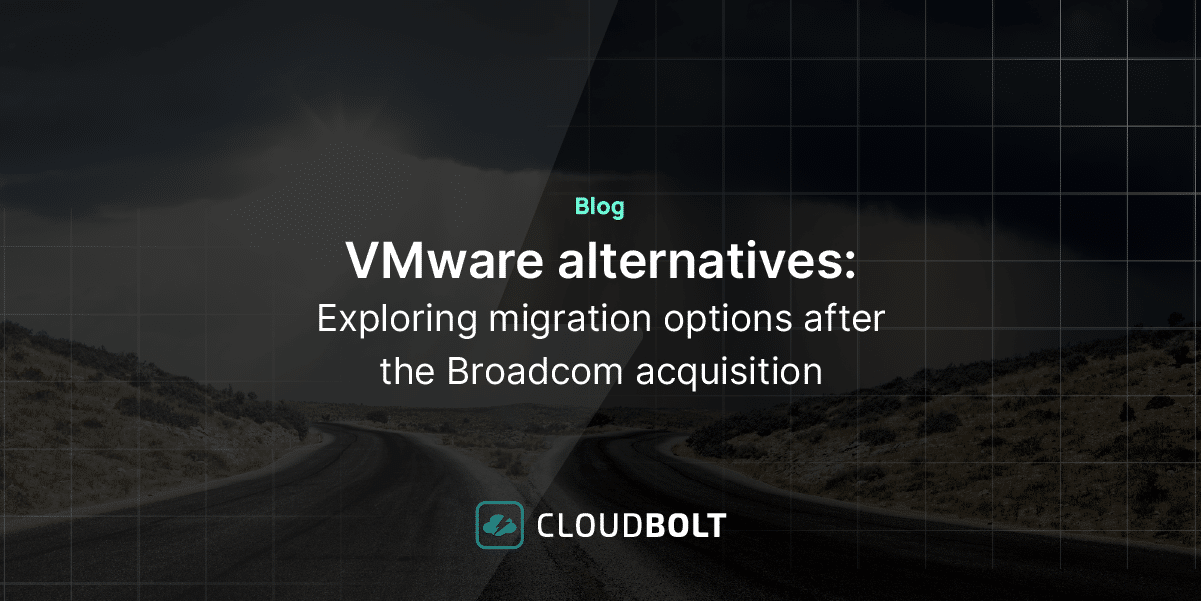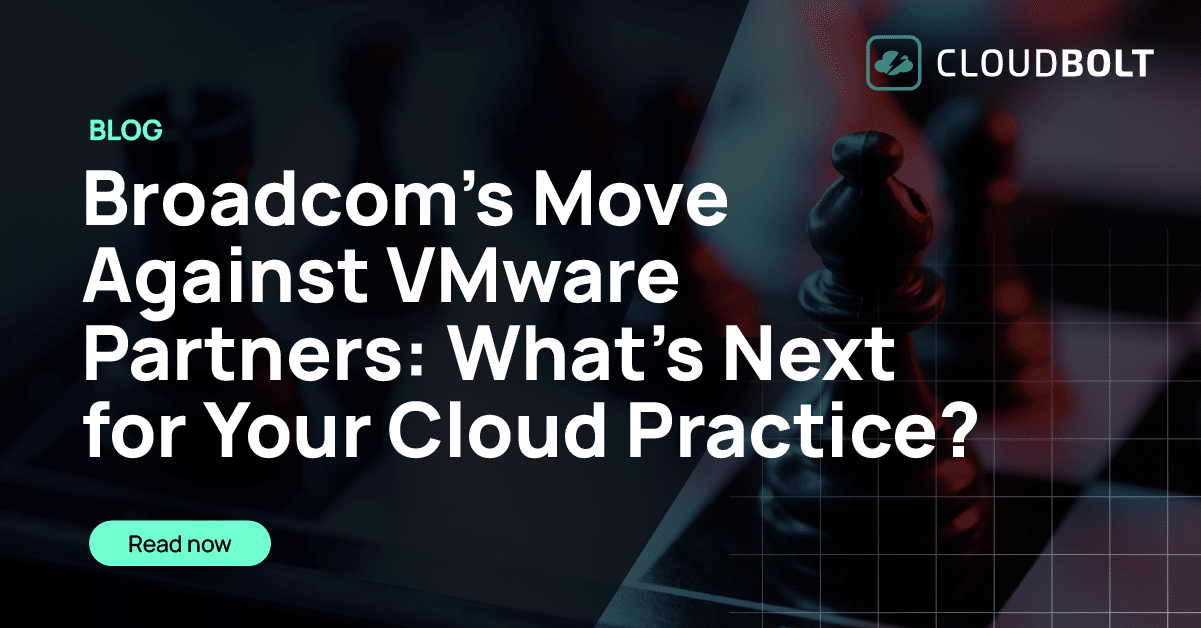
An Azure governance platform can help organizations ensure consistency in their environments.
Microsoft Azure Cloud platform allows IT departments to be agile by easing the creation, reading, updating, and deleting of resources. But giving unrestricted access to individuals can lead to unintended cost consequences.
Organizations can solve this problem with resource access governance. Resource access governance is the process of managing, monitoring, and auditing the consumption of Azure resources to meet an organization’s needs and goals.
The Need for an Azure Governance Platform
Self-Service Management
Most governance platforms support self-service resource management. Therefore, organizations can provision resources for their Azure environments themselves rather than having a preset amount of resources delivered.
A governance platform can help organizations determine whether they are using the optimal amount of resources for their business. IT can use this information to determine the right amount of Azure resources to request in the future.
Cloud Cost Management
A big reason organizations want to use a governance platform is to manage resource usage in the cloud to reduce costs. Any resources that are not in use are often a drain on an organization’s finances. By putting in place the right tools to manage their Azure cloud operations, organizations ensure they use resources optimally. This helps to reduce wasted spend and enhances cloud costs.
Automated Management Policies
A governance platform delivers automated cloud management policies and tasks to help organizations with cloud resource utility and management.
Automatic orchestration is the basis of any governance platform. It automates the process of finding spare resources on Azure cloud deployments. This means that the tool can find and fix resource usage problems without intervention from IT.
Choosing the Right Azure Governance Platform
Choosing the right Azure governance platform involves many considerations and questions. Let us look at some of the considerations organizations need to make.
Business Requirements
Organizations need to understand who the governance platform is serving and what the needs are. With this information, organizations can then determine how well the governance platform will serve them.
IT also needs to figure out how much additional work is necessary to install and configure the governance platform. Integration challenges be a deal-breaker. Integration challenges could be in the form of missing features or incompatibility with existing systems.
In this regard, organizations must quickly determine how soon they can install and run the governance platform after making the purchase.
Product Requirements
Organizations need to determine whether the governance platform enables the right compute, network, and storage capabilities. Does the platform have specific hardware requirements? Is it possible to choose hardware from any vendor?
Ideally, organizations should go for a platform that can leverage existing hardware investments. It is important to find out how extensible the product is and whether it supports federation with other providers. The organizations might want to expand their cloud deployments into a multi-cloud or hybrid cloud set up in the future.
Support Requirements
Finally, organizations must establish what it’ll take in terms of resources and expertise to deploy, customize, and operate the Azure governance platform. Will the organization need external help to deploy and troubleshoot the tool?
Organizations also need to establish whether the platform receives regular updates and how difficult it is to install new updates. A platform that will disrupt operations whenever an organization must make an update is undesirable.
Experience the leading hybrid cloud management and orchestration solution. Request a CloudBolt demo today.
Related Blogs

Top 3 cloud financial management challenges
Introduction As cloud costs continue to rise, comprising an ever-larger share of IT budgets, there is increasing executive scrutiny on…

